Latest Reports
-
![Telecom Digital Services: From Pilots to Autonomous Operations—Telecom’s Leap into AI-native, Secure, and Programmable Networks Moneyshot 2 - Telecom Digital Services: From Pilots to Autonomous Operations—Telecom’s Leap into AI-native, Secure, and Programmable Networks]()
Telecom Digital Services: From Pilots to Autonomous Operations—Telecom’s Leap into AI-native, Secure, and Programmable Networks
Telecom enterprises are accelerating the adoption of agentic and generative AI (Gen AI) globally to drive autonomous network operations and transform customer engagement. Investments in cloud-native and edge-native platforms are enabling ultra-low latency connectivity for advanced use cases, including industrial automation, immersive media, and connected healthcare. In response to evolving regulatory requirements, telcos are embedding zero-trust security frameworks and AI-powered threat detection across their digital estates. Operators are increasingly moving beyond pilots to scale Gen AI for process automation, predictive assurance, and intelligent orchestration, unlocking new efficiencies and revenue streams across both horizontal and vertical business functions.
October, 2025
-
![Digital CX Services: Driving Scalable, Adaptive CX with Agentic AI Orchestration Moneyshot - Digital CX Services: Driving Scalable, Adaptive CX with Agentic AI Orchestration]()
Digital CX Services: Driving Scalable, Adaptive CX with Agentic AI Orchestration
Enterprises are increasingly prioritizing the modernization of customer service operations and the optimization of marketing workflows. Evolving global regulations on data privacy, cross-border data transfers, and AI governance are driving demand for compliant, secure, and interoperable digital CX solutions. However, challenges continue to persist in enterprise digital CX adoption due to organizational silos, legacy systems, data complexity, and weak governance. Service providers are addressing these challenges by investing in proprietary platforms, forming strategic partnerships, embedding AI into workflows, and delivering scalable, omnichannel, and personalized CX. They are also advancing from generative AI augmentation to autonomous agentic AI orchestration, deploying domain-specific agents to improve CX workflows.
October, 2025
-
![Enterprise-Scale AI Adoption Through Workday HCM: From Pilots to Transformation Moneyshot 2 - Enterprise-Scale AI Adoption Through Workday HCM: From Pilots to Transformation]()
Enterprise-Scale AI Adoption Through Workday HCM: From Pilots to Transformation
Enterprises are accelerating the adoption of Workday HCM to standardize HR operations, strengthen compliance, and enable AI-driven workforce insights at scale. Workday’s native AI agents are gaining traction, with early pilots focused on recruiting, payroll accuracy, and employee self-service, where agentic automation delivers clear and measurable efficiency gains. Service providers are embedding AI across the Workday services life cycle, from data readiness and configuration to testing, release management, and continuous optimization. They are also driving enterprise-wide AI adoption, shifting pilots into scaled deployments that deliver sustained workforce transformation.
September, 2025



















